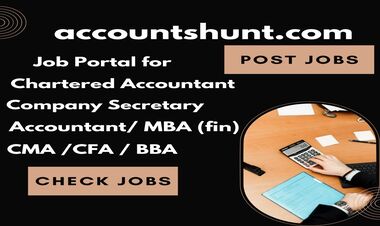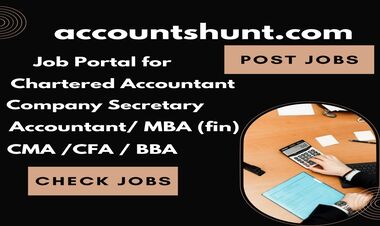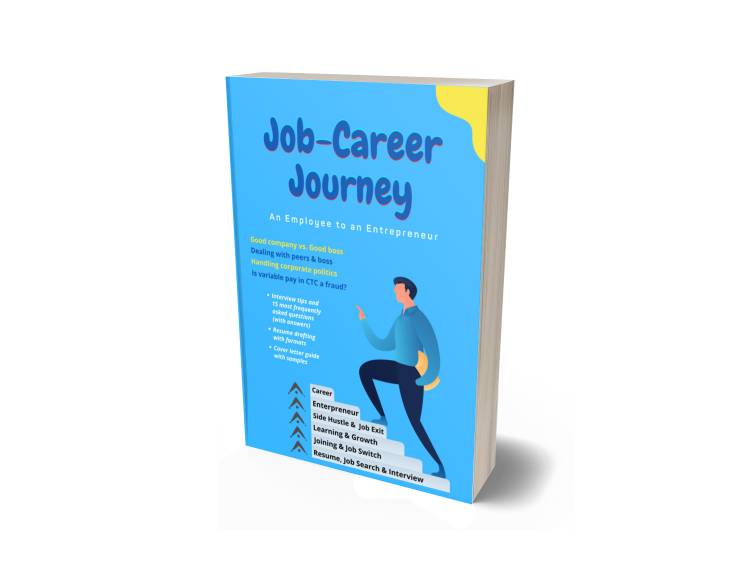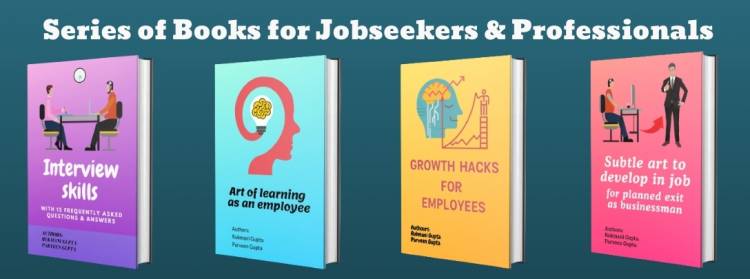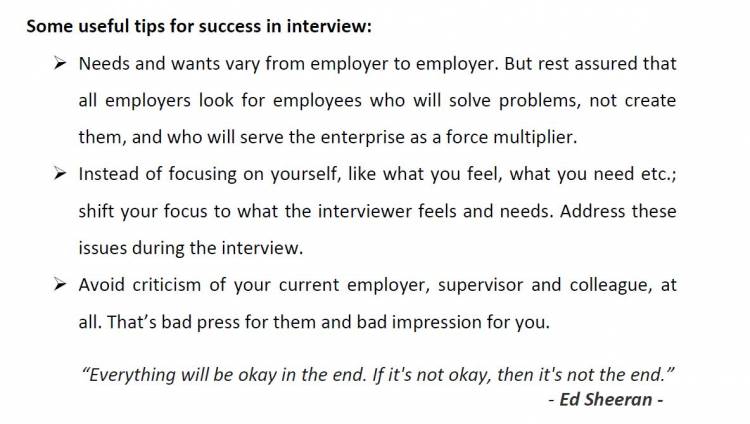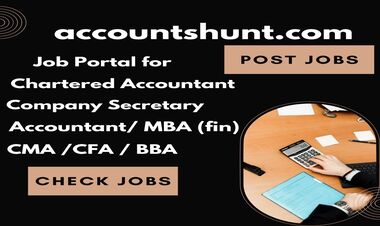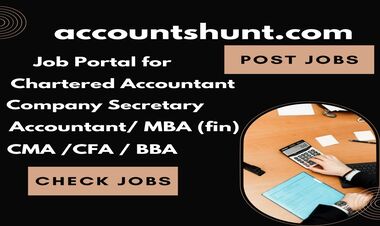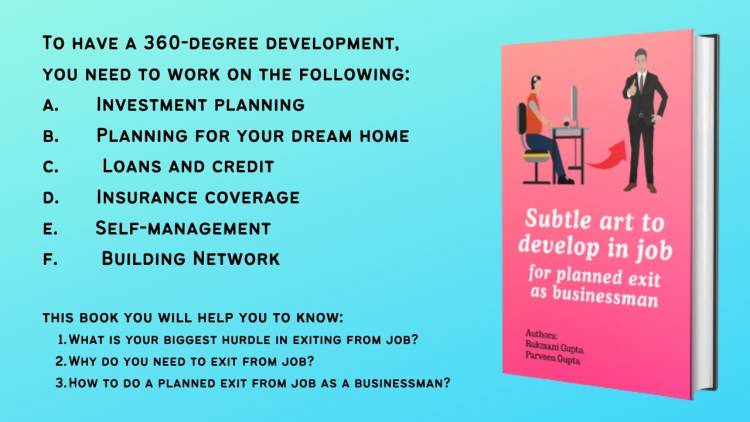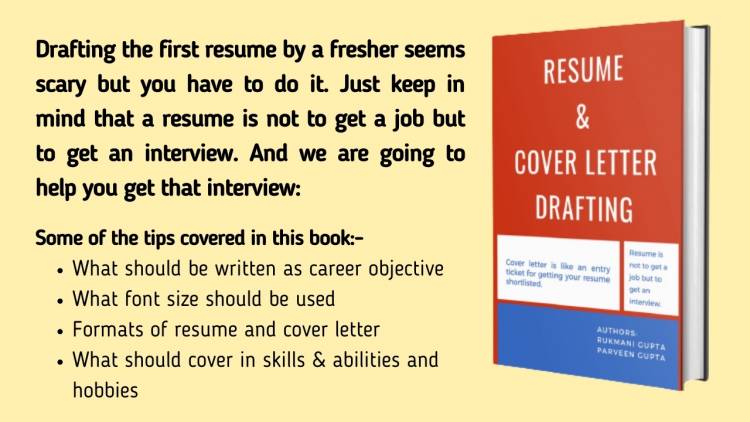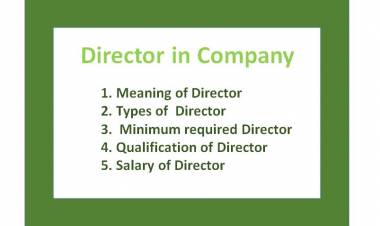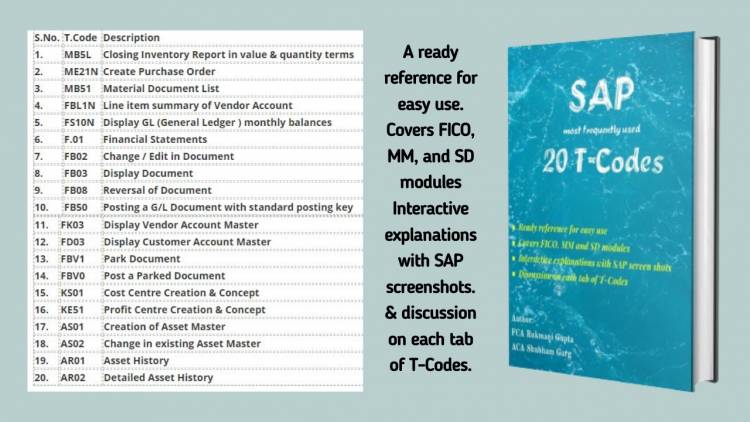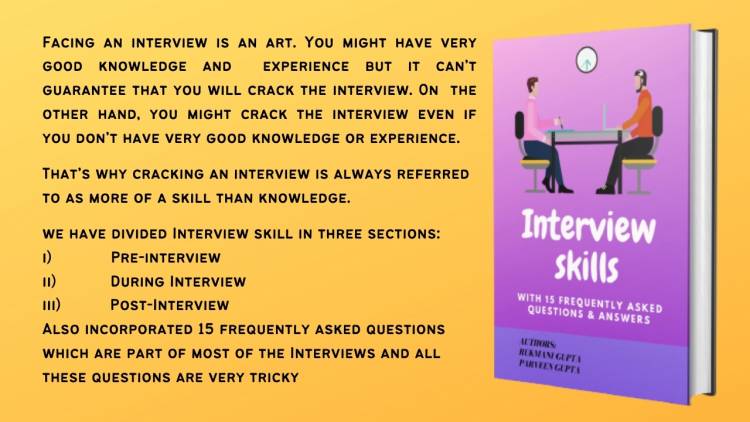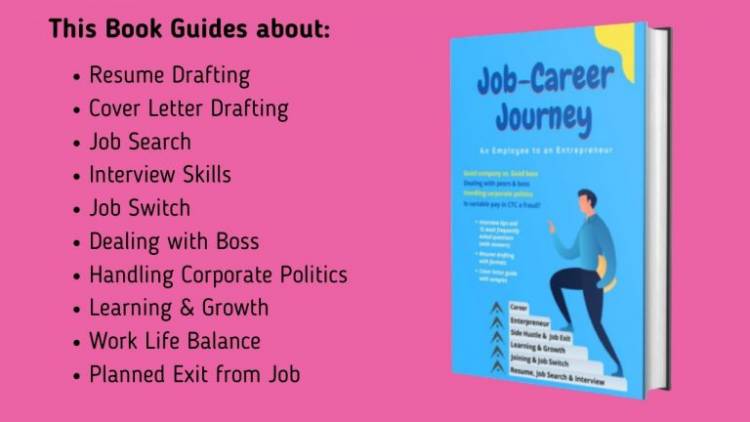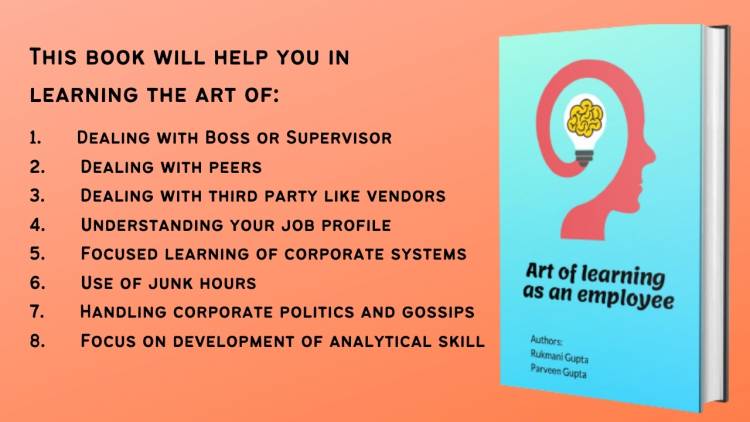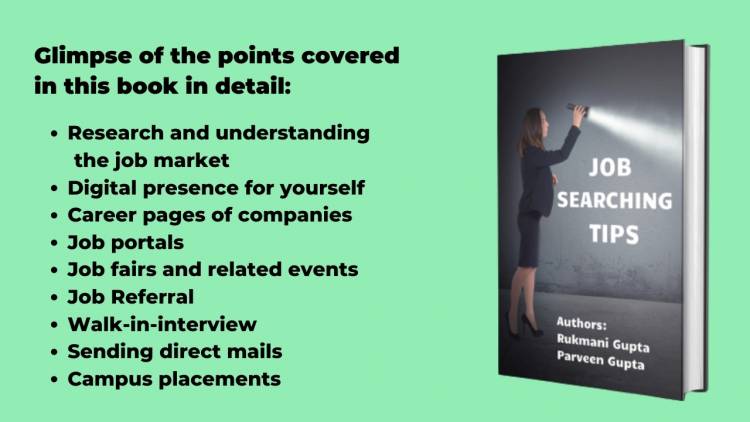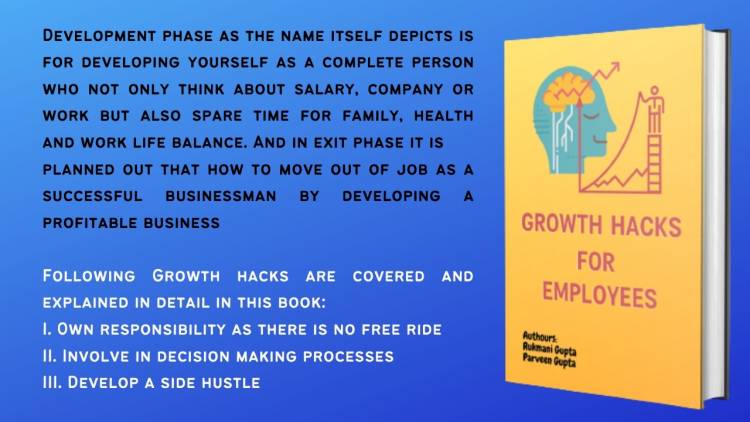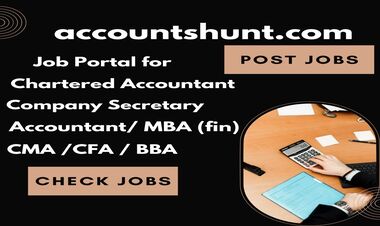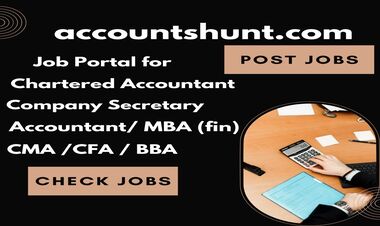How to Draft a resume for success in Interview to get a job
Let’s understand the skills to draft a winning resume:
A good start is to divide your resume into 7 major heads:
- Your personal information should be correct and updated
- Keep your personal information limited to the following:
-
-
- Name
- Contact details like phone no. and email id
- Address, father’s Name and date of birth
- Languages known
-
-
(You may give personal information in two parts, first 2 at top and next at the bottom)
- Write an impressive career objective.
- It should be in integration with your qualification
- It should not be more than two to three lines. Don’t make it a lengthy paragraph.
- It should be clear in depicting how this job will help you in achieving your objective.
- It should be clear in depicting how you will be helpful to the company in its growth path.
Always keep in mind that a company doesn’t care about you. It only cares about how you can be an asset. How you fulfil your objectives
does not concern the company. Instead, how you will fulfil their objectives is what concerns them. So we would suggest you to keep your
objective more company oriented than self-oriented.
For example:
Objective: Seeking a role in the finance department where I can learn a lot by utilising my past experience and my seniors’ help, to be a successful finance professional.
Above objective is good for you. But why would a company pay you for achieving your objective? Here is something you can write though:
Suggested objective: Seeking a role in the finance department where my academic knowledge / past experience can be a company asset and help it to achieve
its objective of meticulous financial reporting as well as financial growth.
Remember that being a fresher, your academic or professional credentials are of utmost importance in your resume. So to make it more presentable,
you can make a table. A sample is given below:
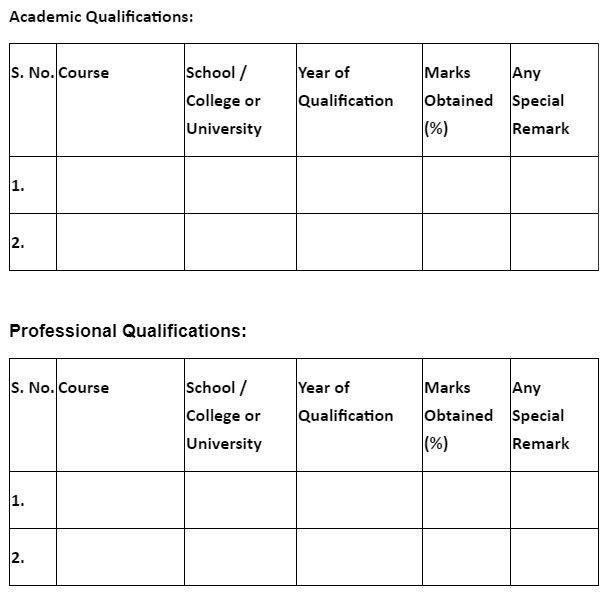
- Skills and abilities you mention should be relevant and informative
- They should be factual
- Do not write vague things
- Your skills and abilities should address the requirements of the employer
- Research about the employer and craft your resume accordingly
- Be honest and do not mention anything which you have not done or you do not know
- You can write experience of internship, training or residential programmes
- Mention only two or three major things
- Do not write a story or essay, mention only specific point
- You can mention your hobbies like reading, yoga, meditation, sports like table tennis or chess etc.
- Do not mention hobbies like watching TV, playing cards etc.
- Hobbies you mention should be constructive and the type that add some values to your life.
Apart from all this, while preparing your resume; keep the following general points in your mind:
- Keep your resume crispy. Don’t try to elaborate your knowledge in resume because you need to save some reserve for the interview also.
- Try to use bullets points, as in resume writing, bullet points are your best friends.
- Be professional. Never use informal words or extravagant words as you have to present your professional skills instead of fancy writing skills.
- Avoid spelling mistakes and grammatical errors. Proofread it attentively before printing.
- Format and design should be formal, sober and properly aligned.
- Font should be one of the standard used fonts like Arial, Times New Roman, Calibri etc. and font size should be legible, from 10 to 12 size.
- Avoid using capital letters and using bold feature unnecessarily.
- Your resume should be breathing easily. That is to say, it should have proper line spacing i.e. 1.0 pt or 1.15 pt.
- Insert blank line after each section and proper margin of 1 to 1.50 inch each side.
- It’s your first resume, not your biography. So try to cover this in one page and in no case it should exceed 2 pages.
- Most important thing to be kept in mind while drafting your resume is that, you shouldn’t try to be over smart as the interviewer sitting in front of you is smarter than you.
- Last but not the least, use a proper template which looks simple but catchy.
Don't forget to grab a copy of "Job-Career Journey" the amazing book which guides about how to be #successful in your job-career and how to transform from an #EMPLOYEE to an #ENTREPRENEUR.
Click on the below link to grab the copy of the book:
 Download APP
Download APP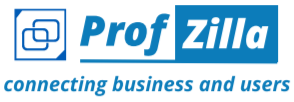
 P K Gupta
P K Gupta 
